Description
Lodhrasava is a classical Ayurvedic formulation mentioned in the context of treatment of ‘Prameha’ , a cluster of symptoms arising from over-nourishment accompanied by a sedentary lifestyle. It is an excellent means to tackle weight gain, unhealthy levels of blood sugar and lipids.
Asavas are mildly alcoholic preparations. The sweet taste of Lodhrasava makes palatable to kids and adults alike. The alcohol base makes it quick-acting and efficient.
Features and benefits of Lodhrasava-
- Lodhrasava is an excellent remedy for high levels of circulating blood sugar. All the signs and symptoms associated with hyperglycemia like excessive thirst, hunger, perspiration and fatigue are effectively managed by this herbal tonic.
- It lowers insulin resistance in the body. Helps kick into action a sluggish basal metabolic rate.
- It protects the body against diabetic complications like neuropathy, nephropathy and retinopathy. Arrests progress of already manifest signs and symptoms.
- Lodhrasava purifies blood and stimulates circulation. Used in the management of diabetic carbuncles.
- Pacification of ‘Pitta’ is the hallmark of this combination of cooling and astringent ingredients. Prevents inflammation and oxidative stress in the body.
- It detoxifies and rejuvenates the body fatigued by hyperglycemia.
Adult: 25-30 ml Lodhrasava twice or thrice daily after food.
Child: 10-15 ml Lodhrasava once or twice daily after food.
Key ingredients
GUDA
Jaggery is known to produce heat and provides instant energy to the human body. It prevents constipation due to its laxative property and activates digestive enzymes. As per Ayurveda, eating Jaggery daily after meals improves digestion due to its Ushna (hot) property.
LODHRA (Symplocos recemosa)
It is a traditional medicine used by Ayurvedic practitioners. All parts like roots, bark as well as leaves of this plant are used for medicinal purposes but most useful is its stem. Lodhra is considered useful in managing female disorders such as leucorrhea (excessive vaginal discharge) which is caused by vaginal infections as it has antimicrobial and anti-inflammatory properties. It helps to manage excessive menstrual bleeding by promoting blood thickening due to its astringent and hemostatic (process which stops bleeding) properties. This hemostatic property is also useful in managing nose bleeding.
VIBHITHAKI (Terminalia Belirica)
Known as beach almonds or Bedda nut tree, Vibhithaki is rich in Vitamin C and other antioxidants that nourish the hair roots. Bibhitaki helps in making the roots of the hair stronger, minimizing hair fall and preventing premature graying of hair strands.
BHARANGI (Clerodendron Serratum)
Bharangi is a one of the common herbs used in the treatment of common cold, chronic sinusitis, allergic rhinitis, cough and other chronic respiratory problems. It is also an excellent dry cough home remedy. It is also used by Ayurveda for relief from fever and hyper-pyrexia.
AMALAKI (Embilica officinalis)
The benefits of Amalaki are numerous, that’s why it is considered to be the best antiaging ingredient in all of Ayurveda. It boosts metabolism, elimination and normal liver function and is excellent for the hair and skin. The fruit is an important source of vitamin C, minerals and amino acids. It contains three times the protein concentration and vitamin C (ascorbic acid) concentration than apple. It helps to increase the haemoglobin amount in blood.
KUSHTAM (Saussurea luppa)
Kushtam also called as Sausseria lappa is a well used drug in Ayurveda and has a good anti inflammatory and antibacterial property. It also helps in preventing infections. The roots contain resinoids, essential oils, alkaloids, insulin and other minor constituents like tannins and sugars. The root (containing both the essential oil and alkaloid saussurine) is used to treat asthma, by relaxing the bronchioles. The relief obtained is comparable to that of conventional bronchodilators without side effects.
HAREETHAKI (Terminalia chebula)
Popularly known as Indian walnut for its innumerable benefits or Indian hog plum in English, it is extremely valuable for its role in improving hair health. It is useful for treating scalp infections like dandruff, itching and hair fall. It also strengthens them from the roots, prevents breakage and loss of hair and bestows silky soft smooth hair. Chebulic Myrobalan is one of the three key ingredients in Triphala, a natural compound that provides overall support for digestive function and helps ensure that the digestive tract works at optimal levels. The Ayurvedic Pharmacopoeia of India has documented the use of the powdered herb in intermittent fevers and chronic fevers, anemia and polyuria. Chebulic Myrobalan can also be used to treat gastrointestinal and respiratory disorders.
ATIVISHA (Aconitum heterophyllum)
Ativisha is effective in maintaining a healthy digestive system due to its carminative property. It is also helpful in diarrhea as it inhibits the growth of pathogenic microorganisms due to its antibacterial activity. Ativisha might also aid in weight loss as it lowers the levels of triglycerides and increases levels of HDL- cholesterol (“good cholesterol”). As per Ayurveda, it helps manage the symptoms of diabetes due to its Tikta (bitter) and Kapha balancing properties. Atis powder when consumed with honey helps to manage cough and cold due to its Ushna (hot) nature and removes the accumulated mucus.
PATHA (Cyclea peltata)
It is widely used in bone fracture and wound healing. Also used in the treatment of fever and acts as a breast milk purifier. It is commonly known as Indian moonseed. Patha enhances immunity and prevents inflammation of the respiratory passages due to its immunomodulatory and anti-inflammatory properties. It is used in conditions including infertility, wound, hypertension, and skin diseases.
CHAVYA (Piper chaba)
It is useful in treating indigestion, abdominal colic, worm infestation, poisoning, anorexia, productive cough, asthma, bronchitis, fever, diarrhea, IBS, hemorrhoids, piles, fistula, chronic respiratory disorders, throat disorders, and rheumatic conditions.


 Sign In
Sign In Cart
Cart 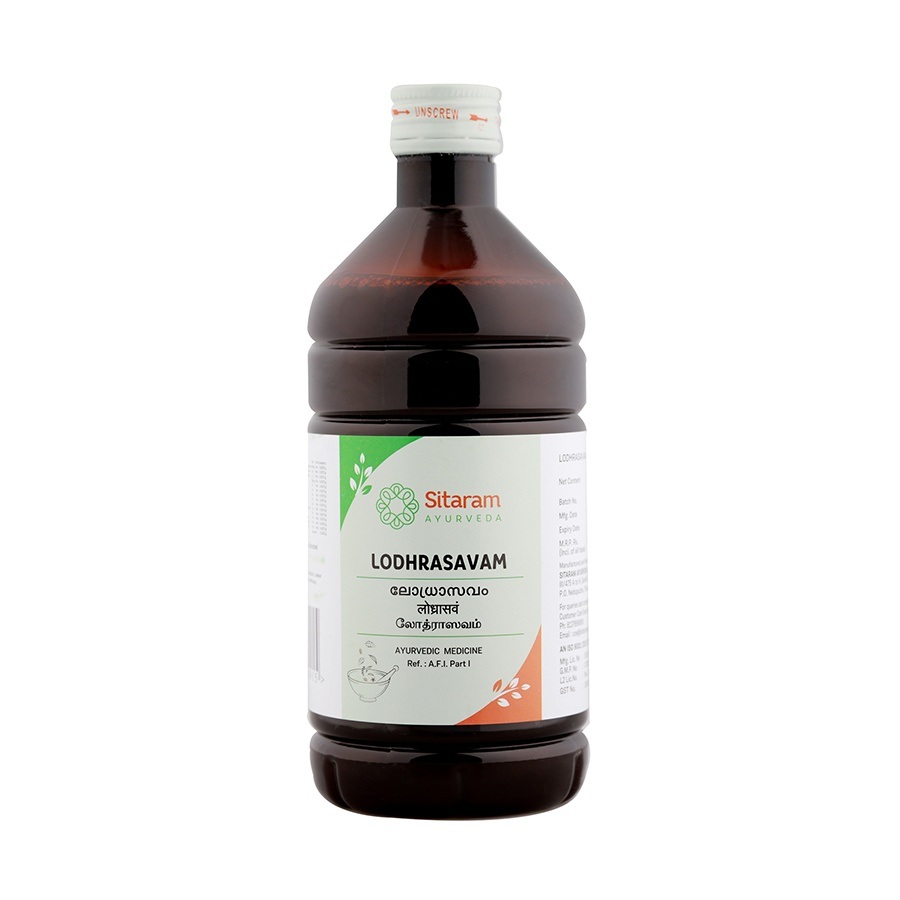
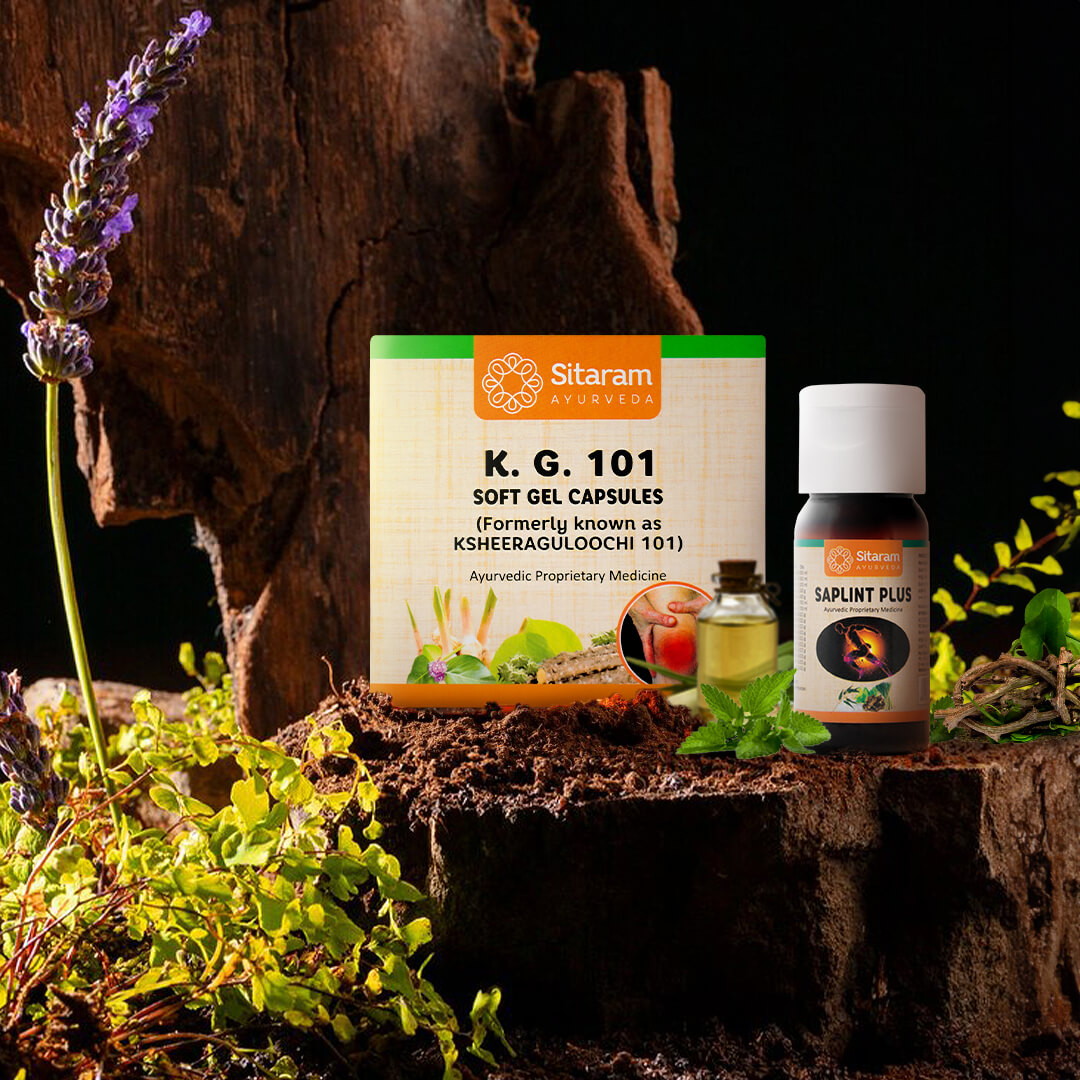
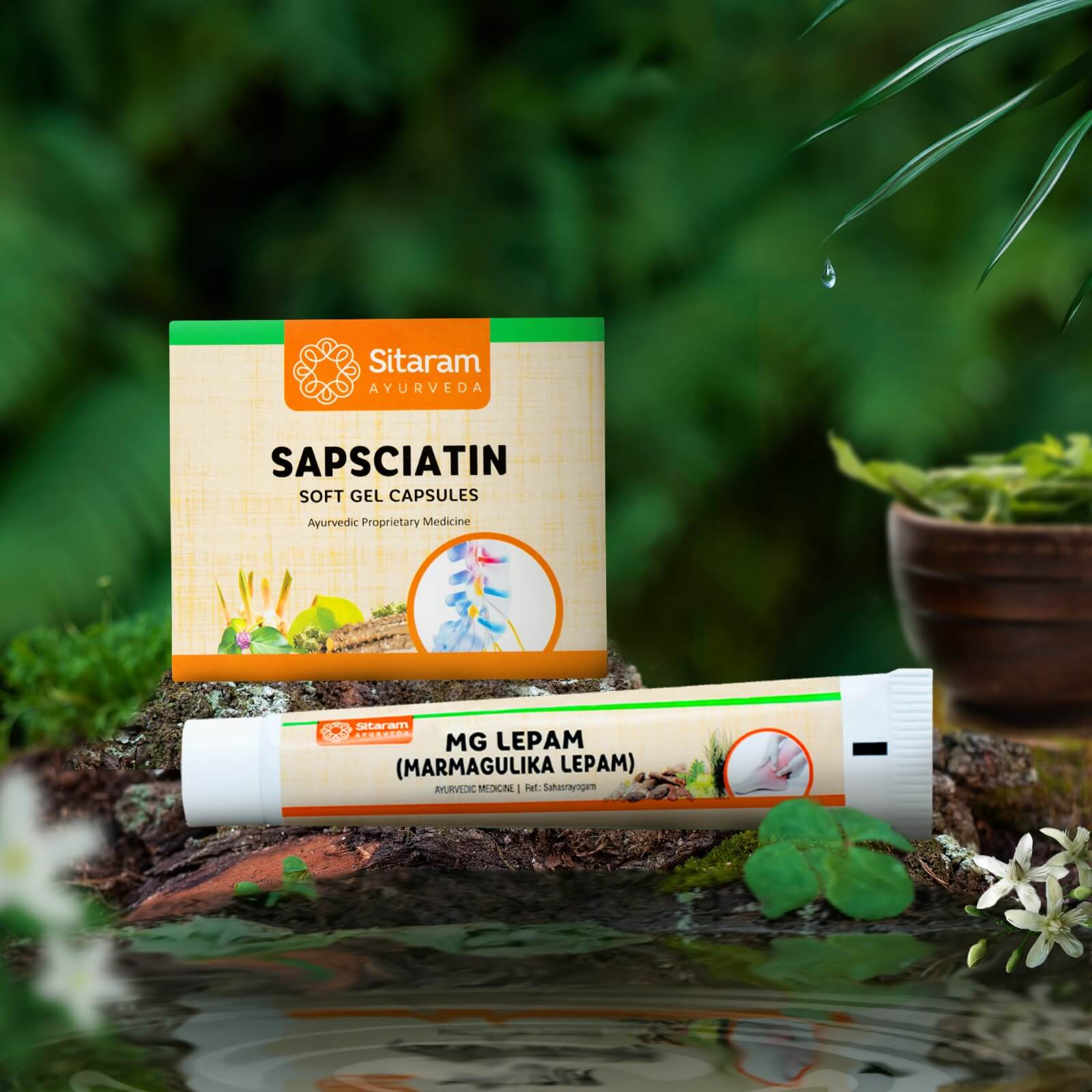
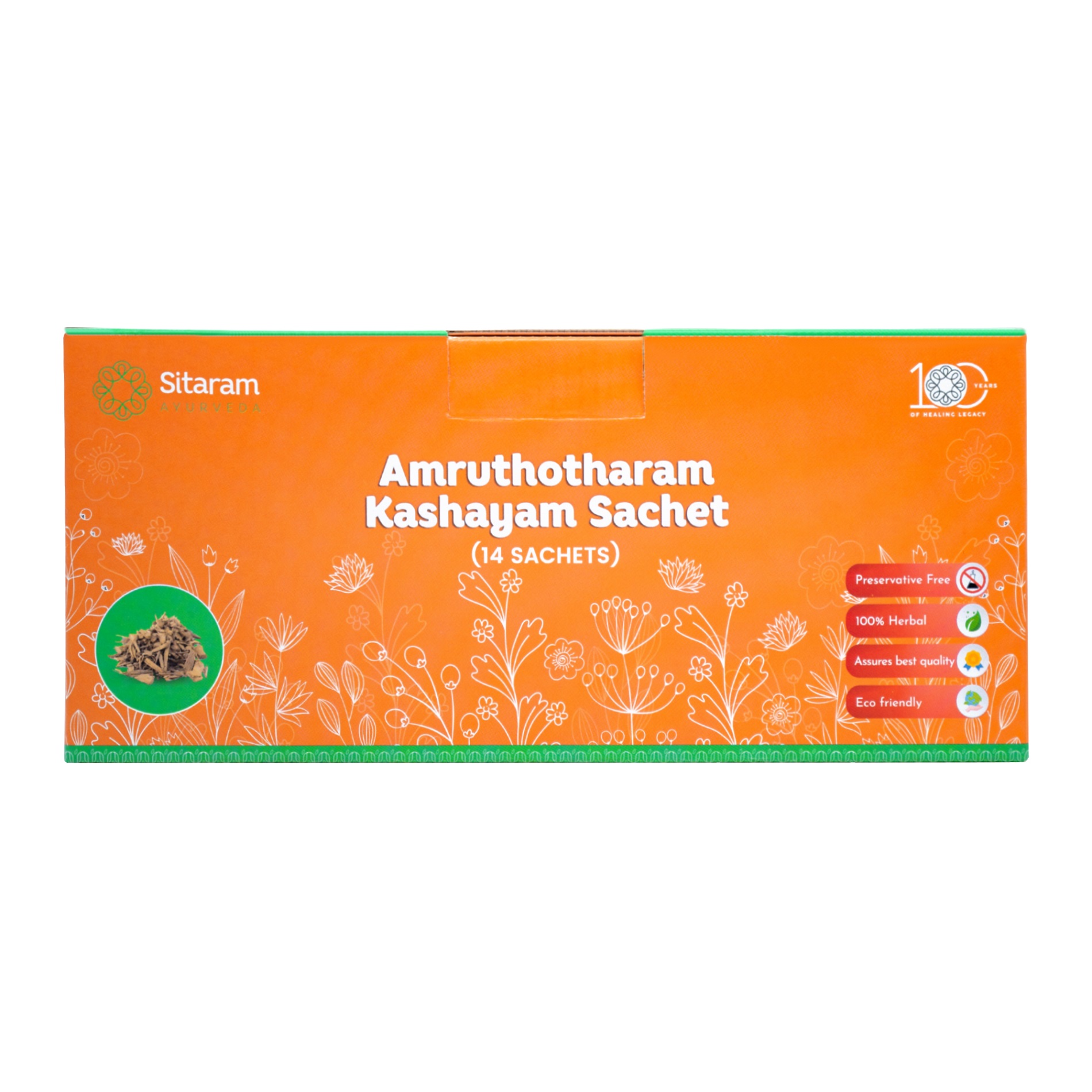
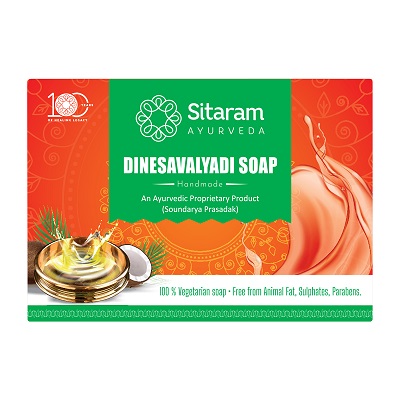
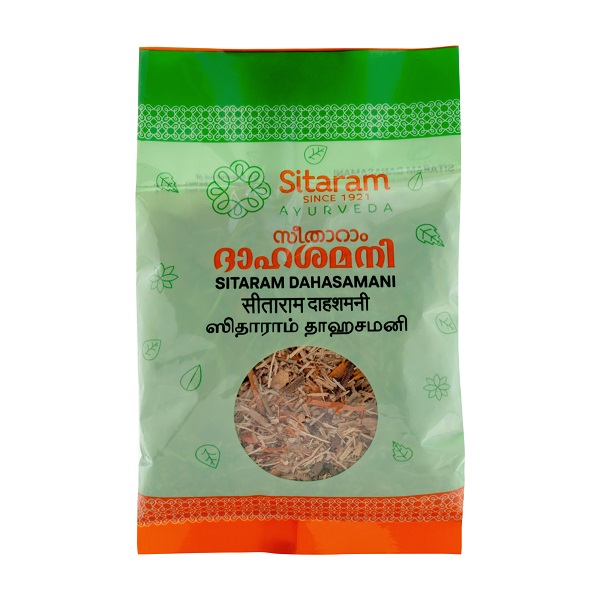
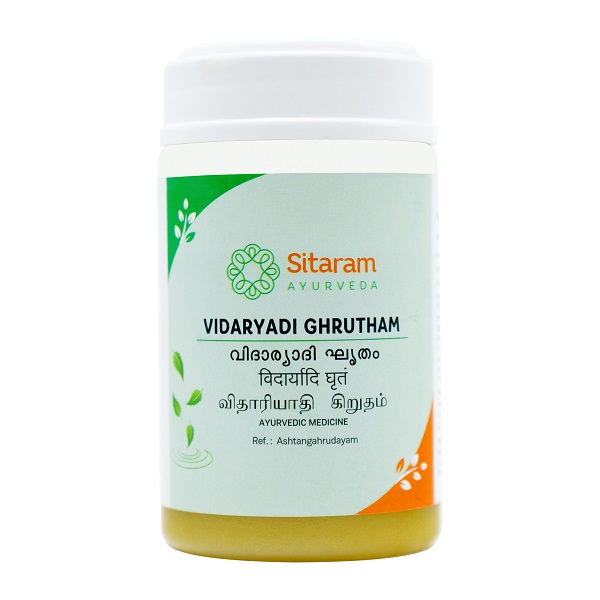
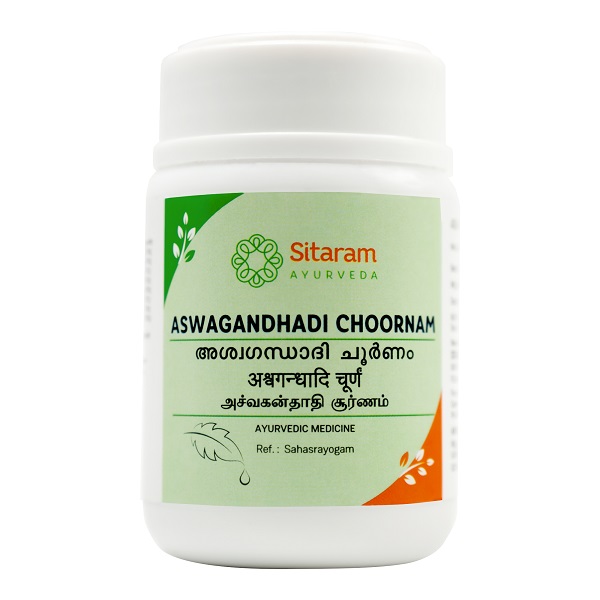
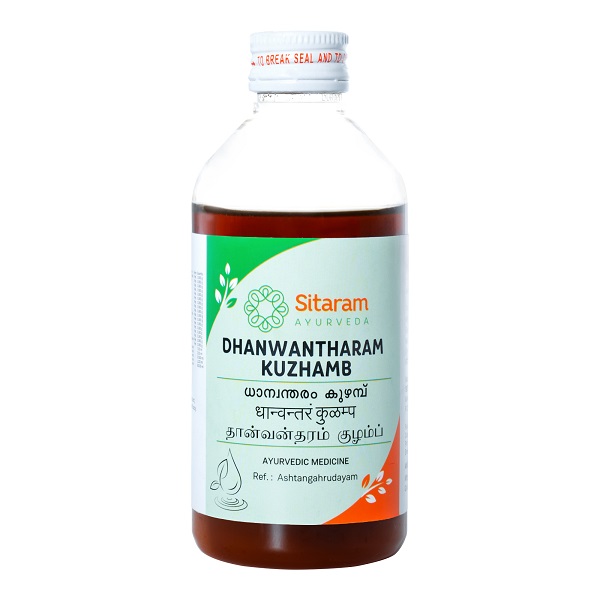
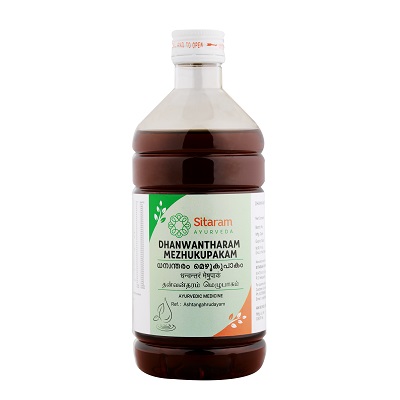
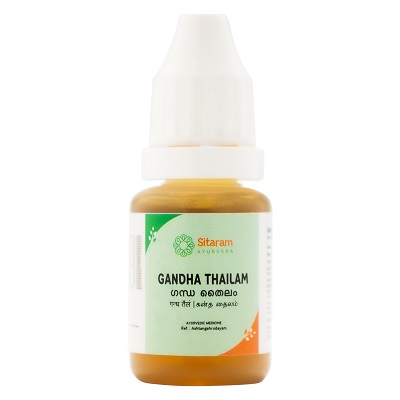
Reviews
There are no reviews yet.